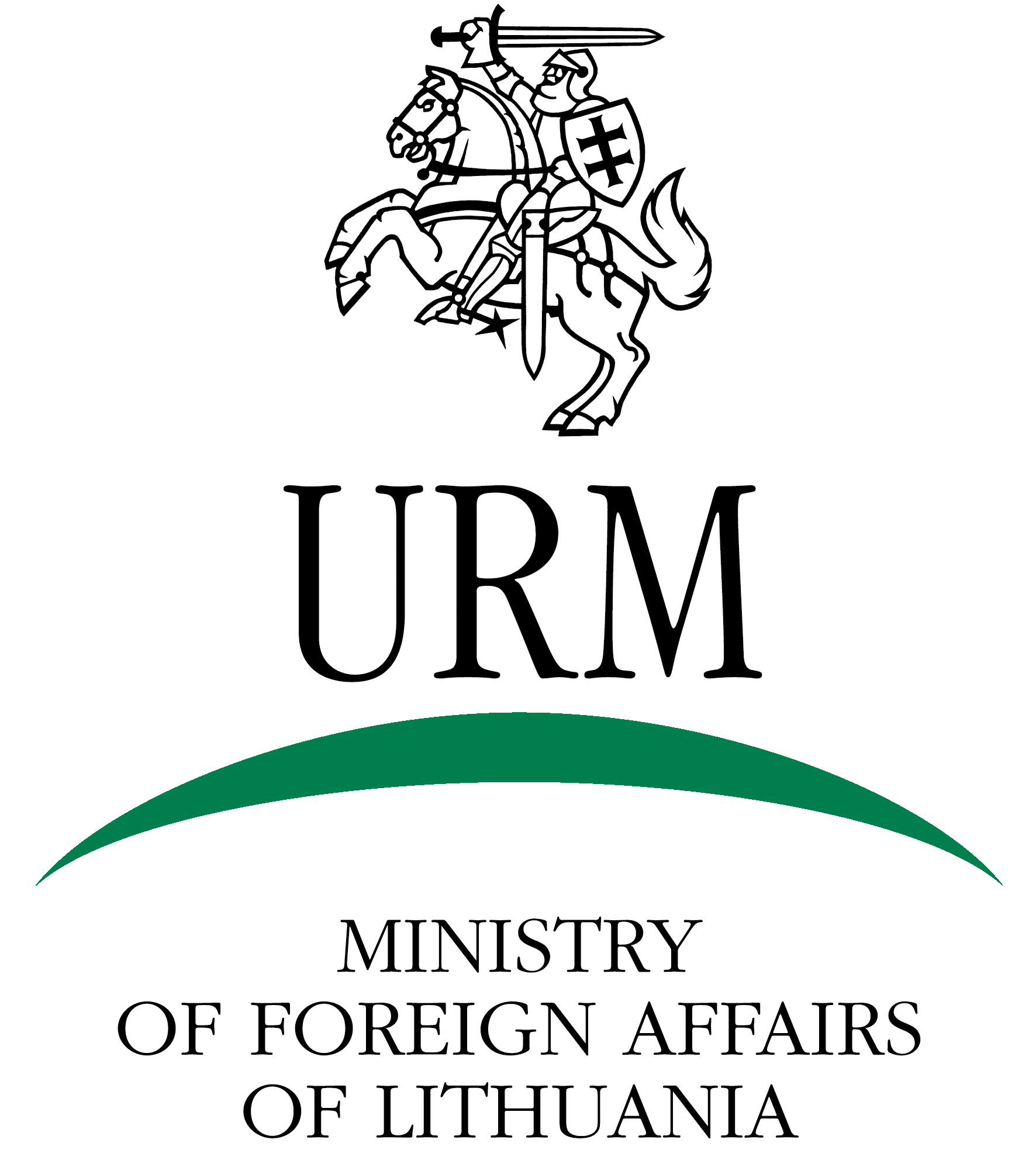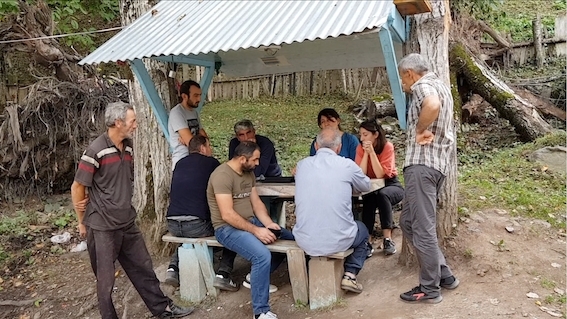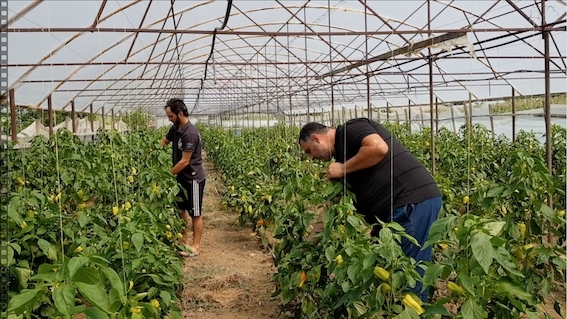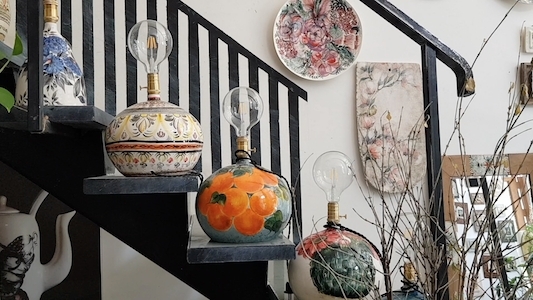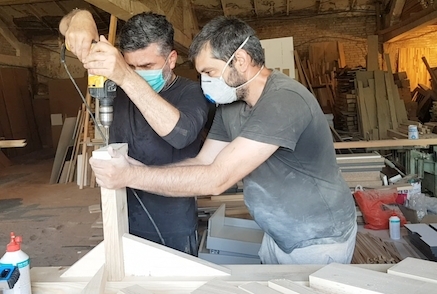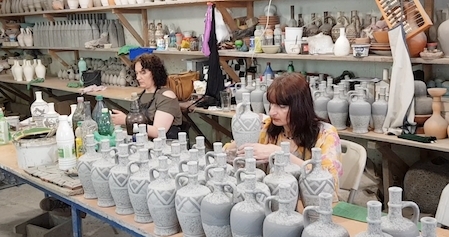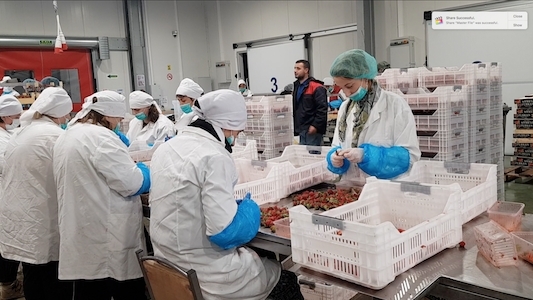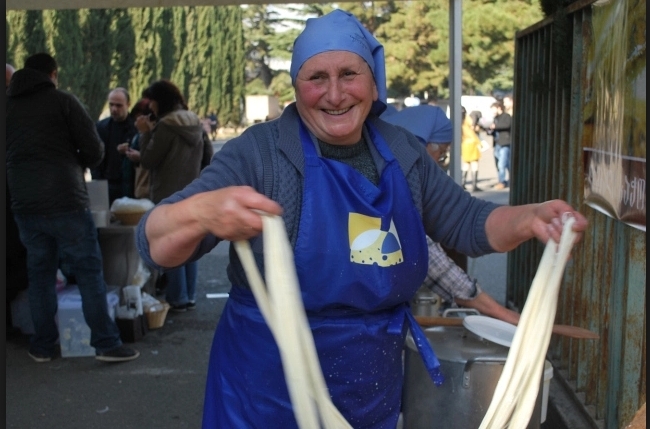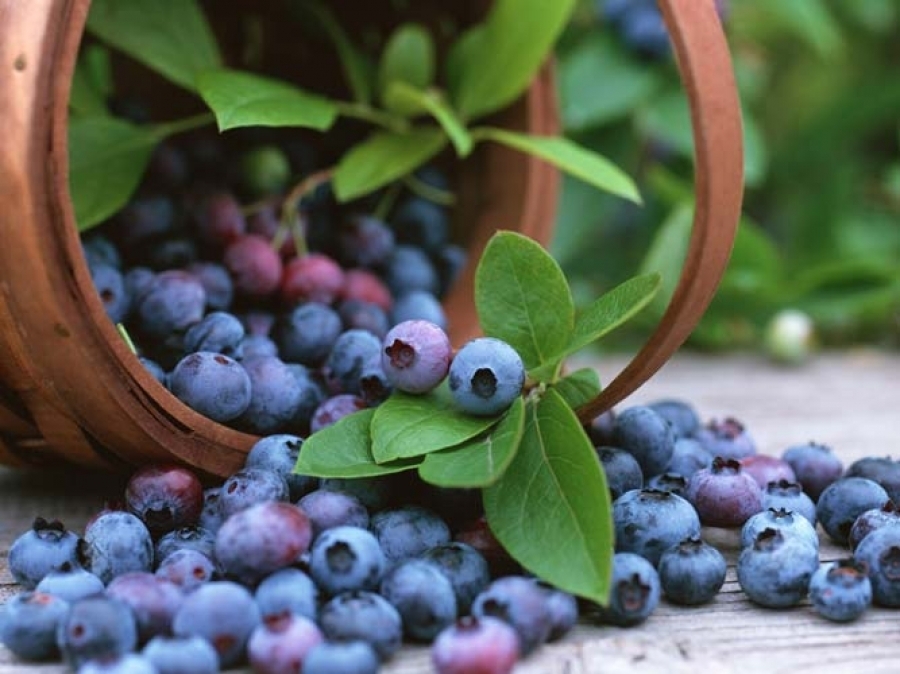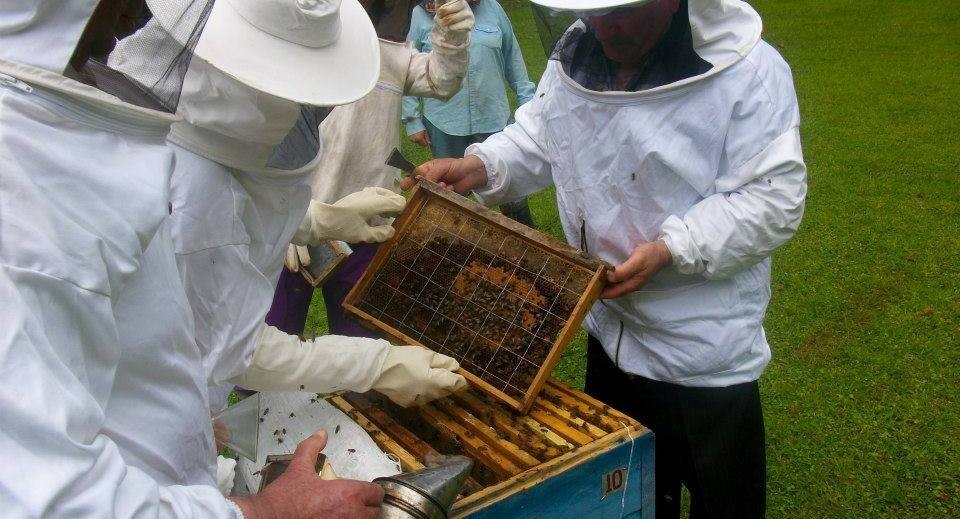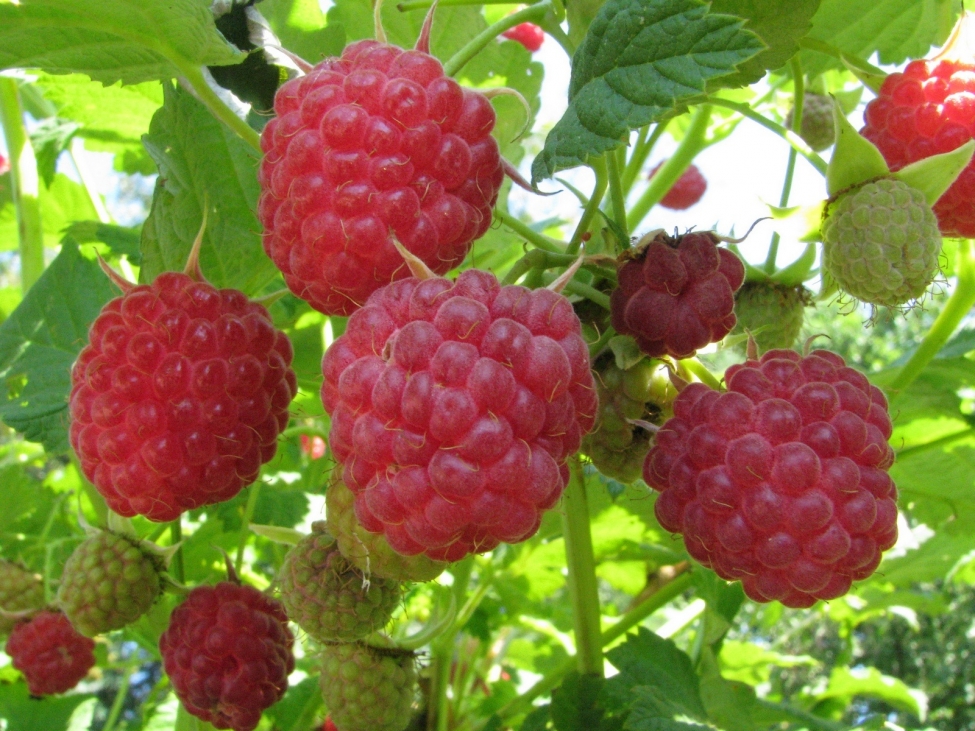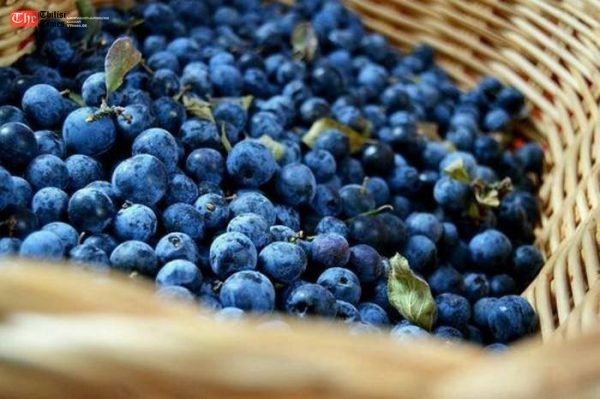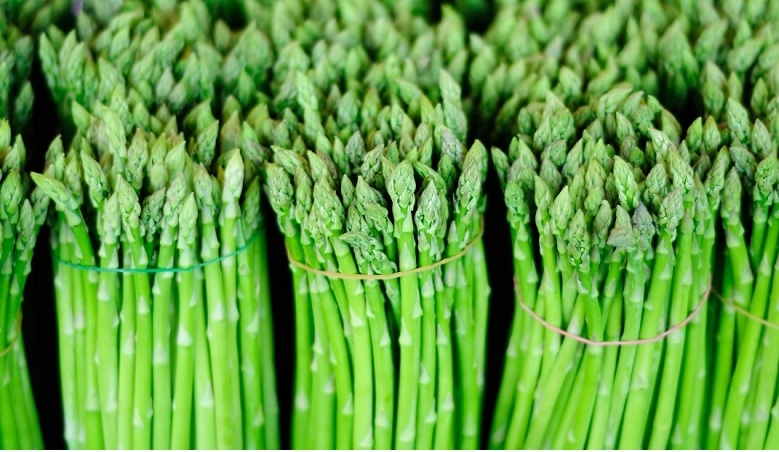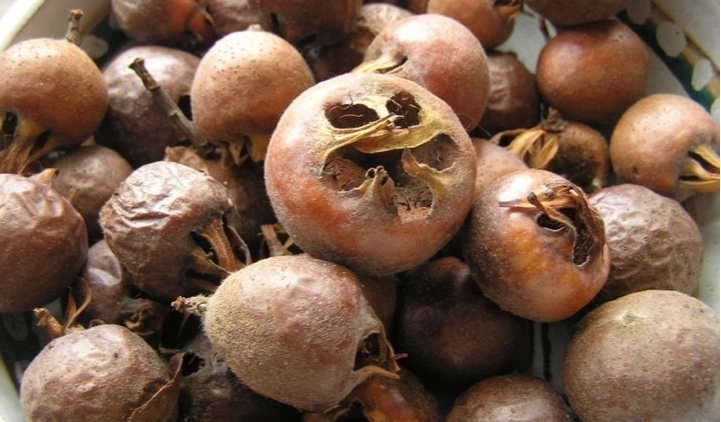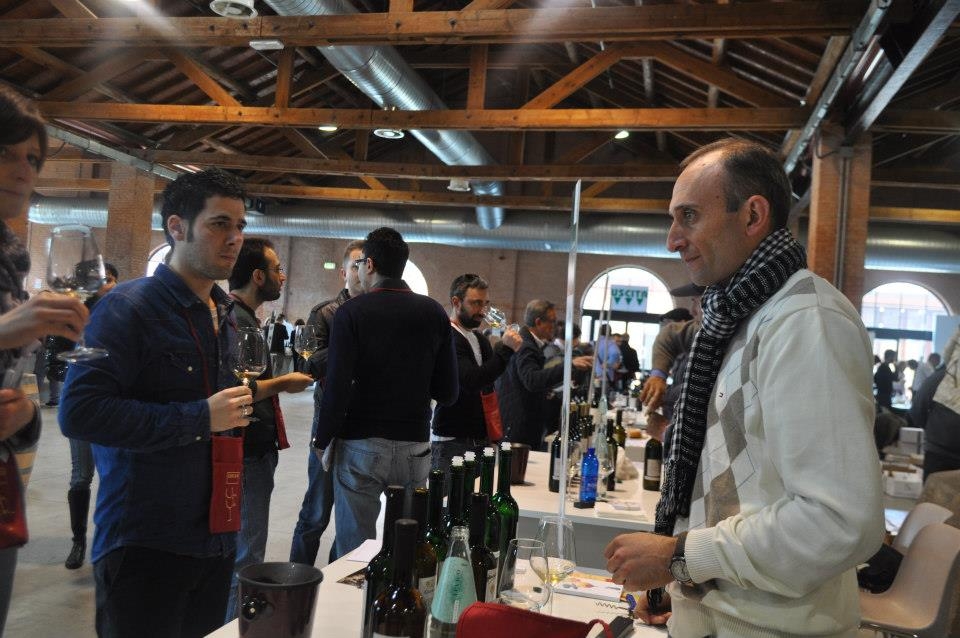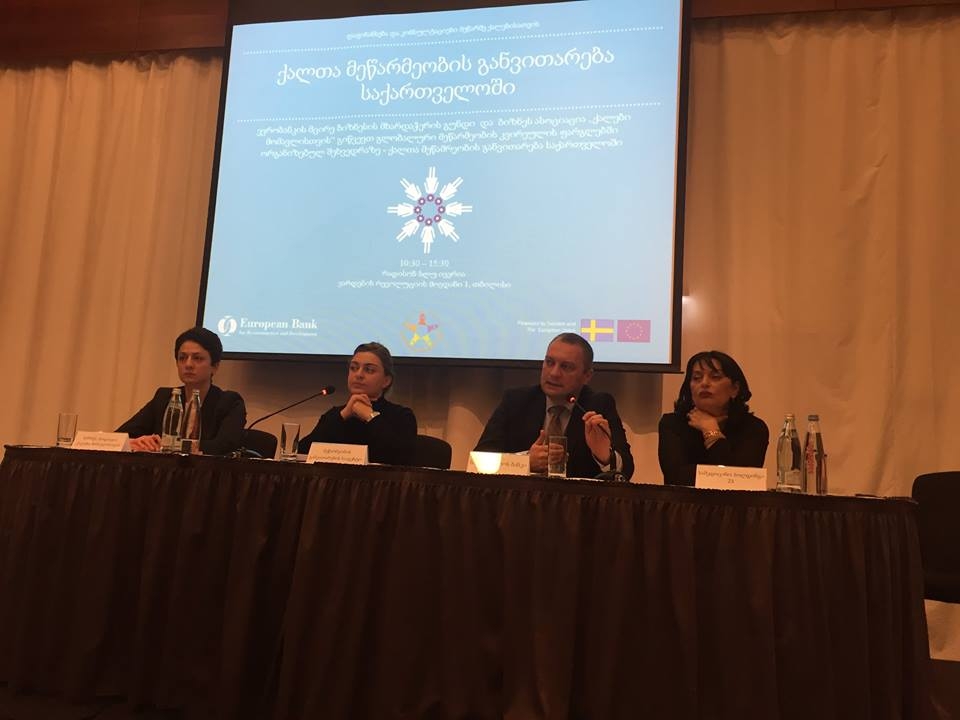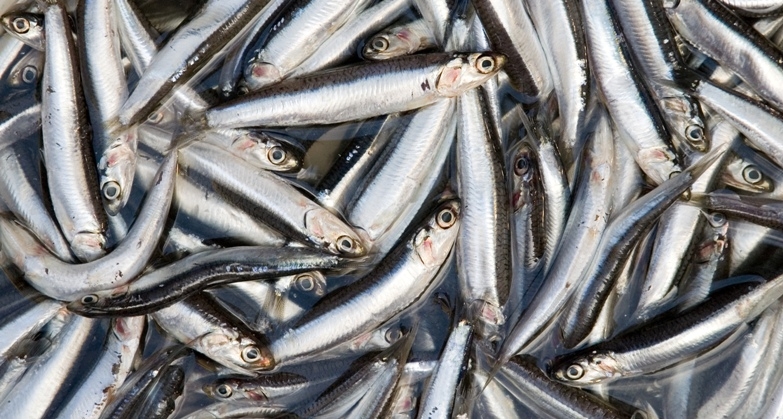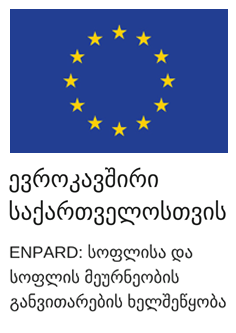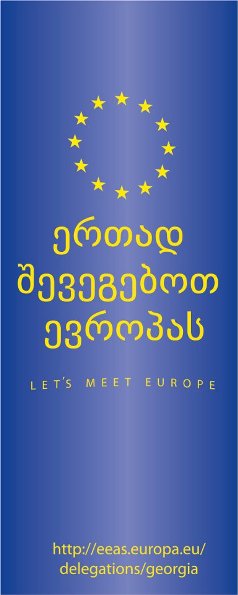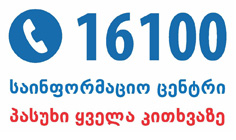Archil Bukia: "If the greenhouse cluster is successful in Tskaltubo, we will use this model in other places as well"

The idea of creating a greenhouse cluster in Imereti conceived two years ago. 125 ha of land in the village of Maglaki, Tskaltubo Municipality has been allocated for “Imereti Agrozone” Ltd to arrange greenhouses. “Imereti Agrozone” Ltd which manages the cluster is subsidiary of Rural and Agricultural Development Agency. This place was selected because of the climatic conditions. This area is suitable for greenhouses and many herbs and vegetables producers are located nearby. According to the original plan, there should have been only greenhouse farms in the cluster. Later, it was decided to grow vegetables and berries in the territory of “Imereti Agrozone”.
Archil Bukia, Director of Imereti Agrozone Ltd, spoke to eugeorgia.info about the cluster’s plans:
"When we started working on creating a greenhouse cluster, a lot of questions arose about the concept and form. We did not have answers to those questions, that is why we announced a tender for the procurement of consulting services, in which the Georgian-Dutch consortium GH & KSH has won. This company must deliver the final work within six months, which includes an extensive list of works including the identification of persons who may be interested in joining a greenhouse cluster. The company should conduct market research - what products will be advisable to grow in greenhouses. The contract period with the consulting company is until July 31. Based on their recommendations, we will start the implementing process.
- More specifically, what will be the structure of the cluster and what kind of objects should be placed in the area?
-Our task is to form a cluster involving all the stakeholders of the value chain. There will be greenhouses of different technologies - high-tech, medium and low-tech, which is currently widespread in the Tskaltubo region. There will be so-called, “bio-zones” where farmers will grow organic products. There will be a processing plant, a logistics center with warehouses and a packing enterprise where the products will be prepared for sale. There will be a training center in the cluster area, where it will be possible to get to know information about modern technologies, what materials farmers should use and how to find key markets. Along with vegetable production, the cluster should become a source of knowledge dissemination.
The state will arrange the main infrastructure: roads, natural gas, electricity and water. Greenhouses and other facilities should be made by investors. The consulting company should study and prepare the legal offers for those investors. They can be local manufacturers, individuals or cooperatives. There may be other commercial entities that are interested in investing in the greenhouse business. The audience is quite large and different types of legal packages will be prepared for them.
The consulting company should also prepare various financial packages for investors, which will define the funding opportunities both in Georgia and abroad, from various financial institutions or funds.
The consulting company should determine the list of crops that would be reasonable to grow in the greenhouse cluster. We will tell investors that we have studied the market and we know prices and demand. However, they can determine for themselves what to grow and where to sell. We are also thinking of growing berries and making a flower greenhouse, there will be no restriction in this regard.
- Will the government start arrange the infrastructure as soon as the consulting company completes the project?
-Yes, the consulting company has to prepare a project, how to lay the access roads, how to divide 125 hectares into different zones, where to place the logistics center, processing enterprise, training center, zone for bio-production. Roads and other infrastructure should be arranged in accordance with these zones.
- Is it determined how much the greenhouse area should be?
- There is no restriction on the area. There may be a lower limit, however, investor can determine its size. He can make a greenhouse on 10 hectares.
- Will the vegetables be consolidated for export or should farmers sell them individually?
- We are currently studying the form in which it will be sold. The consulting company will study the strategy of the products to enter different markets. If an investor has a key market of their own, no one will interfere with the sale. At the same time, we will try to make it easier for cluster members to access different markets. The existence of a logistics center implies a relationship with large customers and a large international market which are interested in purchasing large quantities of vegetables. All of this depends on market demand. The consulting company conducts research about where, what markets, what products can be offered. Our goal is not just to export. As we know, the share of imported vegetable in the local market is quite large, so the formation of the cluster serves two purposes - import substitution and the development of export products.
-Logistics is a big problem for farmers. It is also problematic to export perishable products by air. How will the products be transported from the cluster?
- The cluster is located on the opposite side of Kutaisi Airport. We aim to make Kutaisi Airport as a hub for agri-food products. The cluster also addresses logistics and transportation issues. It is possible to transport a high margin product by air. Member farmers will use different types of transportation which will depend on the type of crop grown.
-The idea of the cluster is that the companies located in the common area to use different services together and thus save costs. Will the members of the greenhouse cluster have such benefits?
-Yes! They can make joint purchases from one supplier, for example, buy fertilizer together, which is reflected in the price. They also can jointly purchase technologies. Lots of people should be employed in this area and they should acquire new knowledge and skills in the training center. Joining in a cluster will allow farmers to reduce the cost of produce, ensuring its competitiveness.
-Will farmers be able to buy land or will it remain in a state ownership?
- Various options will be presented in the legal packages offered to the investor: the land may be leased or redeemed by the investor. Several package options will be developed for different types of investors. We will try to select the best model from the offer of the consulting company. If the greenhouse cluster model is successful in Tskaltubo, it will be implemented in any other area.
- How big is the interest of farmers in joining the cluster, do you have prior information about that?
-The interest is big from both locals and foreigners. An Israeli company has expressed interest in growing herbs. Dutch, German and Spanish companies are also interested in starting a business. These companies found us and contacted us. We hope to start construction of the first greenhouses in the cluster area next year.
Author: Nona Kvlividze
The article is prepared with the financial support of the Ministry of Foreign Affairs of Lithuania and "Development Cooperation and Democracy Promotion Programme."
